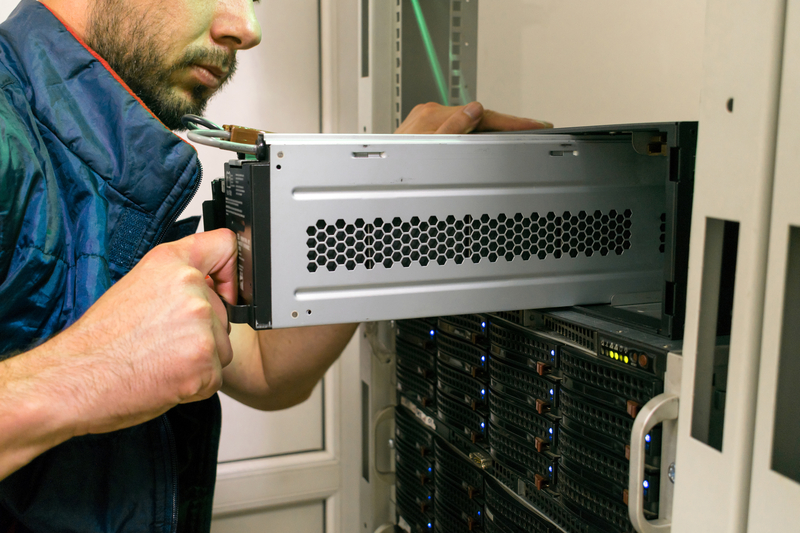What is the life expectancy of uninterruptible power supplies?

When installing a UPS our engineers are often asked - ‘How long will my UPS system last?’ While this may seem like a simple question, the answer varies greatly depending on several different factors.
A UPS comprises of many elements of components to create a complex piece of technology that contains batteries, capacitors, circuit boards and other components that are sensitive to heat and environmental factors like moisture, dust and debris, as well as electrical disruptions.
A UPS comprises of many elements of components to create a complex piece of technology that contains batteries, capacitors, circuit boards and other components that are sensitive to heat and environmental factors like moisture, dust and debris, as well as electrical disruptions.
If your UPS system is your lifeline of defence against load failure, it is important to understand when you need to repair your UPS, run maintenance or replace your system.
Key components of a UPS
Your uninterruptible power system plays a vital role in providing a seamless supply of power during a spike or outage. In understanding the lifecycle of your UPS, and in particular, the key components of the system, such as batteries, capacitors and other critical components, to assess how long your UPS will last.
Critical components are subject to failure earlier than the UPS itself. Here is a timeline of a UPS system and how likely you will need to replace the key components:
- Year 4 - battery replacement
- Year 6/7 - capacitor/ fan replacement
- Year 8 - second battery replacement
- Year 12 - third battery replacement
- Year 15 - replace UPS
Manufacturers are only bound to be able to support your UPS from 10-years of purchase. Availability of parts after 10-years can become harder and longer to the source
Maintaining your UPS
The timeline above illustrates a recommendation of replacements needed over the lifespan of your system, but regular system testing and inspection at least once a year in an ideal or twice a year in a less ideal environment will provide accurate control of the system to ensure it works effectively, should there be a power disturbance or an outage.
While the sum of UPS parts represents how successful the operation will be, it is the individual parts that will determine how long the unit will last.
Planned preventive maintenance
Here at Paul Anton, when you purchase a UPS system we will also recommend you have a planned preventive maintenance service contract in place to ensure your system continues to not only comply with regulations, but operates effectively and no inner components are wearing out.
Our UPS maintenance services include both planned preventive and unplanned emergency callout support around the clock.
If you’re looking for a UPS system for your business, or have planned preventative maintenance in place to ensure your system does not suffer any downtime, contact us today to discuss your options.












